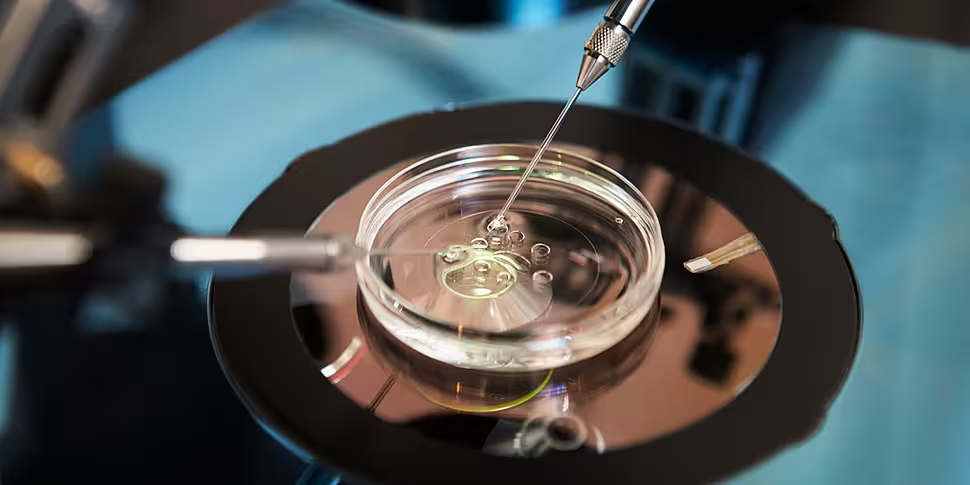Waiting until later in life to have children is a risk for men as well as women, the HSE has warned.
The average age of first-time mothers last year was 33.3 years old - three years older than it was in 2001.
HSE Clinical Lead for Fertility Treatment Dr Mary Wingfield told The Pat Kenny Show the phenomenon is not unique to Ireland.
"We know that all around the developed world people are having their children later," she said.
"The studies show that the most important thing for women is that they haven't met somebody with whom they want to have a baby by the time they get into their mid-30s."
Men
Dr Wingfield said men need to be as aware of the risks as women.
"I think it's really important to get the message [across that] this is not just about women, it's about men as well.
"Young women are becoming aware of the issue but I think young men are not as aware.
"We know that sterility starts going down at 40 for men and then significantly after 50.
We know that miscarriage goes up as men get older as well, and the development of foetal anomalies and particularly mental disorders seem to be higher in children of older men."
'Getting pushed'
Dr Wingfield said there are several factors for waiting later to have a child.
"A lot of children start later than they did when I was growing up...the age of getting school is getting pushed along," she said.
"Then people want to go travelling; around half of Ireland is gone - all our young people are all travelling at the moment.
"Having children is getting pushed and pushed.
"Studies show that if you want to have a 90% chance of having three children you need to start trying when you're 28".
Dr Wingfield said while she's not a relationship expert "definitely something has changed in our society".
Egg freezing
Dr Wingfield said freezing eggs is not the panacea some people think it is.
"Egg freezing is a great advantage but it doesn't solve everything," she said.
"It doesn't stop the fact that your body is still getting older even though you've had eggs frozen since you were 35.
"The eggs are fine because they've been frozen but your body is ageing at the same time."
IVF
Dr Wingfield said over 400 people have been referred for State-funded IVF since it was introduced last year.
She said age limits on the procedure, which see it only available to women aged 40 or under, are based on medical facts.
"We know that women are most fertile in their 20s and once they get into their 30s their fertility starts going down," she said.
"As they get into their late 30s that starts going down even faster.
"Women are born with their eggs so a 38-year-old egg is just not as healthy as a 28-year-old egg.
"The egg itself isn't as fertile and even if it does lead to a pregnancy things are more likely to go wrong."
Dr Wingfield said a woman over the age of 40 has "nearly a 50% chance of miscarriage" with any pregnancy.
"It not just down to finances but the success rate is lower," she added.
Dr Wingfield warned higher-income countries are not producing enough children to replace our population.









